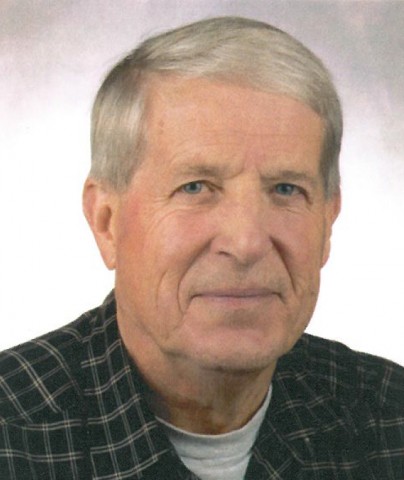
Tom Croxton reflects on the path that led him from law school, to social work, to juvenile justice, and back to social work with disarming self-deprecation and a sense of his own good fortune.
During his first year at the University of Michigan Law School, he imagined he might become "the Clarence Darrow of the second half of the twentieth century," but he believes that he lacked the physical constitution to be a trial lawyer, claiming that if he pursued that career, he'd have been "Clarence Darrow with stomach ulcers." So, Croxton applied to the School of Social Work, exchanging the hope of helping the poor one at a time as their lawyer for the hope of"saving poor people on a grander scale by writing social policy," a career for which his two degrees- and the times in which he lived-seemed to have suited him admirably.
Enter a growing family and the pitiful pay scale of civil service. "Practicality won over principle," Croxton confesses. He turned to the possibility of a judgeship in juvenile court, first in Maryland, then in Milwaukee, Wisconsin, but he realized that political dues must be paid, and he hadn't.
Eager to leave Milwaukee, Croxton applied for the directorship of the juvenile court in Calhoun County, Michigan, under Judge Mary Coleman, who later became chief of the Michigan Supreme Court. He considered running for a judgeship in Calhoun County but decided against it. Throughout this period, Croxton longed to get back to academic life. He hoped that the combination of degrees in law and social work would make him an attractive candidate at faculties of social work. He was right, and accepted an invitation from the University of Michigan School of Social Work in 1964.
His background in law gave Croxton an important perspective on social work, and he has worked especially hard to help his students become critical, analytical thinkers. He wants them to be able to think conceptually and break the engrained habit of rote learning. Although the ability to write legislation is hard to teach in the brief months the MSW requires, Croxton hopes that the kind of idealism the school of social work fosters in studentsthe dream of being able to change, if not the whole world, some corner of it- will be carried forth more effectively if they leave with a sense of responsibility for the system in which they work and the belief that they can change it.
His dreams of becoming the Clarence Darrow of the late 20th Century have stood him in good stead as his students' advocate, "helping and defending" them against things the world throws at them. Croxton and his wife, Judy, gravitate naturally toward young people, especially students, whom Croxton admires for their contagious energy and idealism-"I tend to be kind of cynical," he admits-and for their enthusiasm for their education and careers.
The whole point of teaching, Croxton says, is "relating to students as whole people and finding them interesting." His own experiences searching for the best way to fulfill his youthful idealistic dreams led him to the University of Michigan, and it's no wonder that he appreciates and admires today's students, who go out into the world armed, like him, with equal measures of idealism and naivete, in search of their own ways to help the poor and create a good life-one, like his, that enables them to do what they want to do, maintain their honesty and integrity, and be true to themselves.
-Christine Modey is a freelance writer living in Ann Arbor